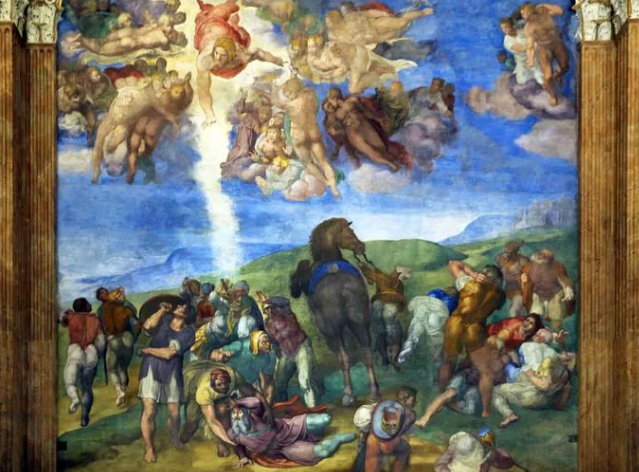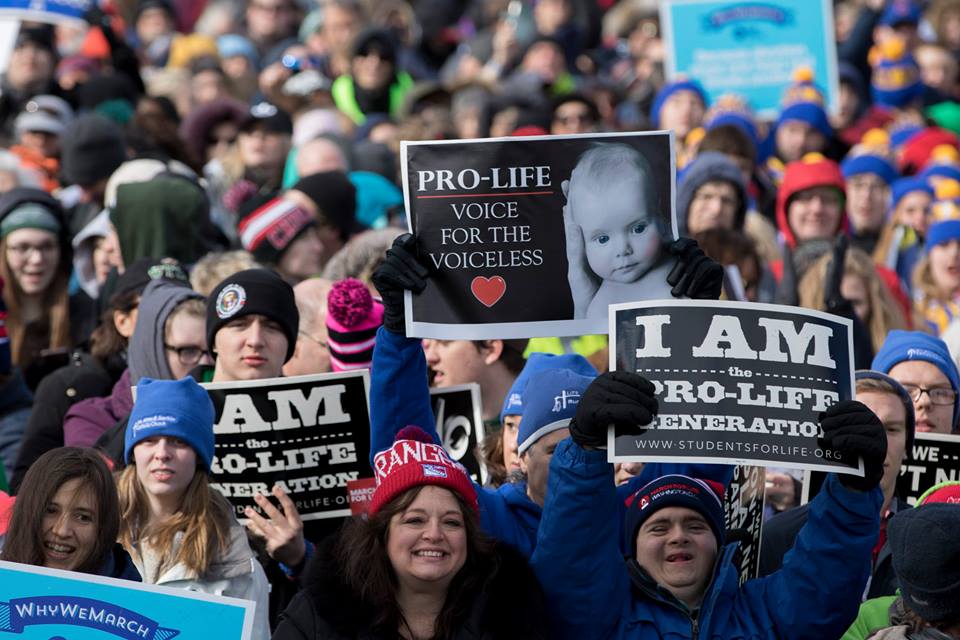Marriage Is A School of Sacrificial Love, by Sean Stevens, Ph.D

Fr. Mark Goring, CC: Valentines Day Message (Video)
February 14, 2020
Democrats Pass ERA That Creates Unlimited Right to Kill Babies in Abortions Up to Birth, by Micaiah Bilger
February 15, 2020
By Sean Stevens, Ph.D, CatholicTherapists.com
Sean E. Stevens, Ph.D is a Licensed Clinical Psychologist located in Omaha, Nebraska. Dr. Stevens offers to all his Catholic / Christian clients a Christ-centered, scripturally and theologically sound counseling approach. He provides counseling to adults, adolescents, couples, and families and is experienced in treating a variety of issues, including depression, anxiety, relationship issues, abuse, dual diagnosis, addiction issues, and grieving. View his Profile for more information about his counseling services.
One of the many blessings that flow from the Catholic Church’s unswerving stance against divorce – or better, for the permanence of marriage – is that the Catholic theology of marriage has a depth and richness rarely found in Protestant thought, and wholly foreign to secular thought.
Many threads make up the theology of Catholic marriage. Some threads do overlap with Protestant thought – e.g., marriage as an image of the union of Christ and the Church. Other threads tend not to, particularly those that focus on marriage as a pathway to holiness; as a “school” of sacrificial love; and as a microcosm of the Body of Christ – because Protestant thought tends not to emphasize holiness, sacrifice, and the Body of Christ. And any theology based on marriage as a sacrament, of course, is foreign to Protestantism.
Regarding marriage as a pathway to holiness: the Catholic tradition does not specifically endorse the romantic idea that I and my spouse were destined for each other, out of all people in the world (except in the general sense that all things fall under God’s direct or permissive will). However, once spouses enter into sacramental marriage – once they make the covenant – the spouse then becomes a particularly powerful means of sanctification, especially designed, by who he or she is, to make the other more like Jesus. ….
Read more here https://www.catholictherapists.com/articles/marriage-is-a-school-of-sacrificial-love-399




